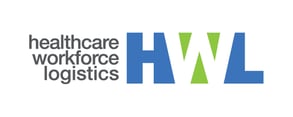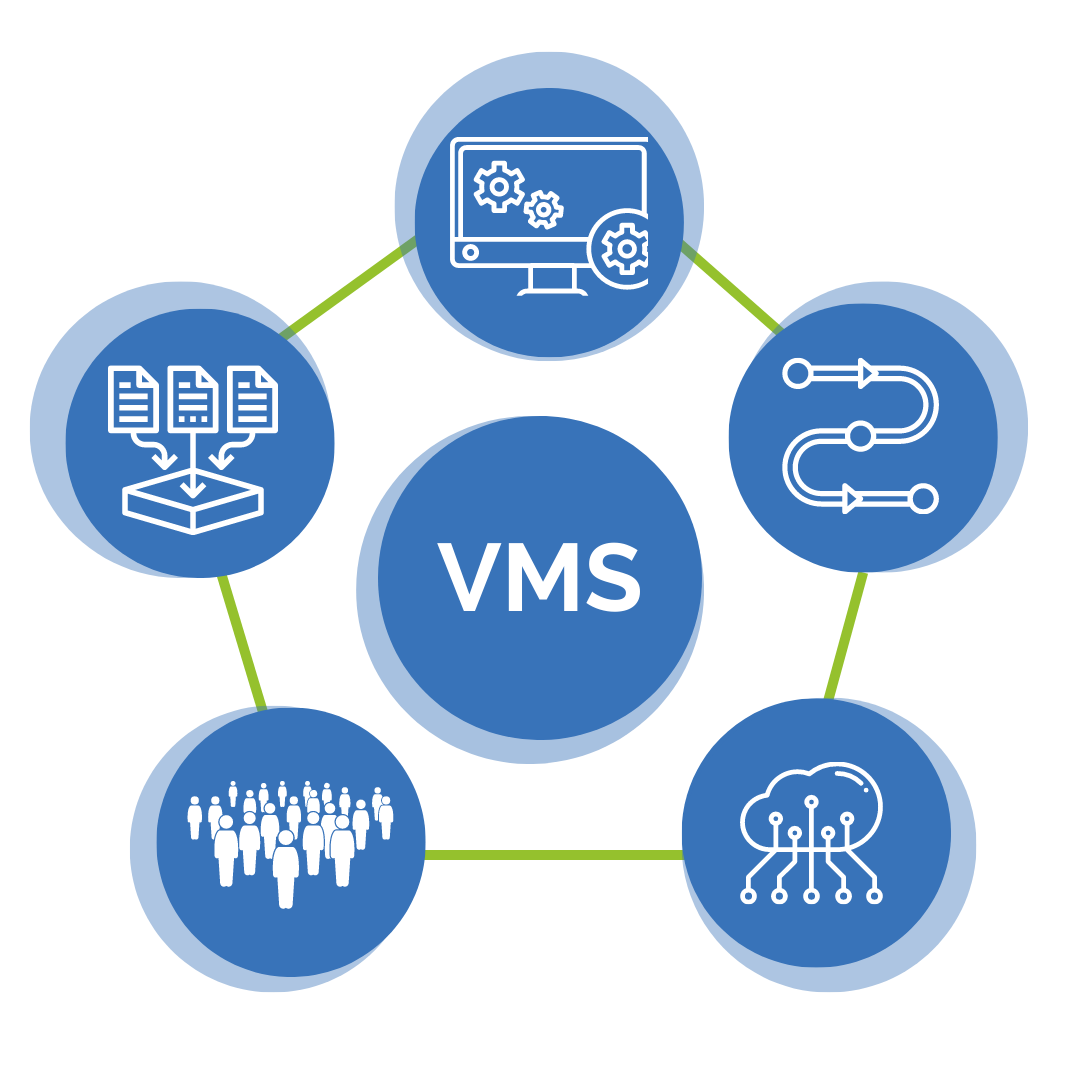The past few years have dramatically changed the way we think about work. Whether it's the rise of the gig economy or the ubiquity of remote work, nearly every industry has been impacted by the ever-evolving labor landscape; and the healthcare industry is no exception.
Workforce shortages plagued the industry even pre-COVID and the pandemic certainly exacerbated them. The rise in demand for patient care on top of worker shortages and spikes in patient volume led many hospitals and healthcare organizations to rethink the way they hire and manage staff.
One of the more significant solutions has been hiring contingent workers on a regular basis rather than full-time ones. There has been a growing dependence on external workforce that is only slated to increase in the coming years. But managing contingent workers, particularly from different vendors, takes time, money, and a lot of effort. This is why many healthcare organizations are beginning to turn to vendor management systems.
What Is a Vendor Management System?
A vendor management system, or VMS, is a type of cloud-based software that aids in all aspects of a contingent workforce. This includes centralizing all of the most crucial information, creating custom workflows, and more. This allows healthcare organizations to make smarter decisions when it comes to hiring new vendors and managing new labor pools.
Quality VMSs act as a one-stop shop for all contingent labor needs with easy-to-use software.
Benefits of a VMS
A VMS has a myriad of benefits to any healthcare organization:
- Centralize information: It acts as a central hub that gives you all relevant information about each vendor. Worker wages, tracked performance, location, availability, and more are all available within a few clicks. This allows organizations to streamline the tedium and make more informed staffing decisions on a day-to-day basis. On top of it all, this information is kept very secure.
- Collect valuable data: Market benchmarking can help agencies improve their performance, which benefits clients and the agencies themselves. HWL, for instance, provides benchmarking tools so you can measure performance against the competition including market share, fill rate, time-to-fill, conversion rates, compliance performance, and more.
- Contain costs: By getting access to lower prices from vendors and broadening the labor pool, VMSs are able to help healthcare organizations contain costs. Data collected is also able to pinpoint where the company may be overspending on their contingent workforce by comparing actual spend to market rates. A VMS will also eliminate the risk of invoice errors by automating these processes and saving time.
- Automate the tedium: Save time and money by automating the most tedious tasks that come with managing contingent labor. A VMS will eliminate the need for manual spreadsheets and handle processes such as sourcing, onboarding, pay and hours tracking, invoicing, and performance analysis.
- Track performance: By tracking each vendor's worker performance, organizations can prioritize their favorite ones to more efficiently achieve goals. A quality VMS gives full transparency in critical metrics such as time to fill, turnover, and much more.
- Manage contract types: Whether it’s local or travel, contract or per diem, clinical or non-clinical, a VMS delivers heightened visibility, efficiency, and compliance while improving overall quality of staff.
Choosing the Right VMS For Your Company
Different VMSs will have different features and user experiences, like any other software platform. Because each business has varying needs, one platform may be more suitable than another. For instance, Healthcare Workforce Logistics' (HWL) VMS platform boasts:
- Custom workflows
- Cross-browser compatibility
- Device agnostic
- Real-time data dashboards
- Custom and ad-hoc reports
- Vendor-neutral model
- Complex rate plan management
- Online credentials management
- Electronic timekeeping
- Consolidated invoicing
It also allows for easy integrations with pre-existing client systems, robust Business Intelligence (BI) and reporting. HWL's platform supports all types of workers — nursing and allied, Locum Tenens, home health and hospice staff, pharmacy and lab technicians, clerical and administrative workers, as well as interim management.
HWL Provides an All-in-One VMS for Healthcare Companies
HWL's VMS platform is easy to use and has proven to be a critical tool for healthcare companies that are becoming more reliant on contingent labor. By automating redundant and tedious processes, our VMS provides a newfound transparency into your workforce that can help you lower costs, ensure compliance, and provide standardization and consistency for the management of contingent workers across the entire organization.
For more information or to book a demo, get in touch today!


